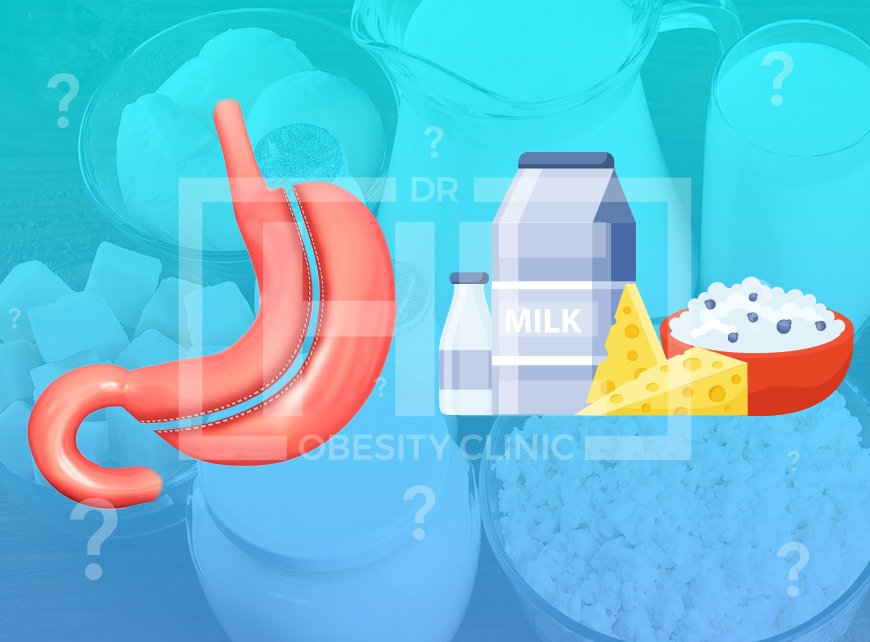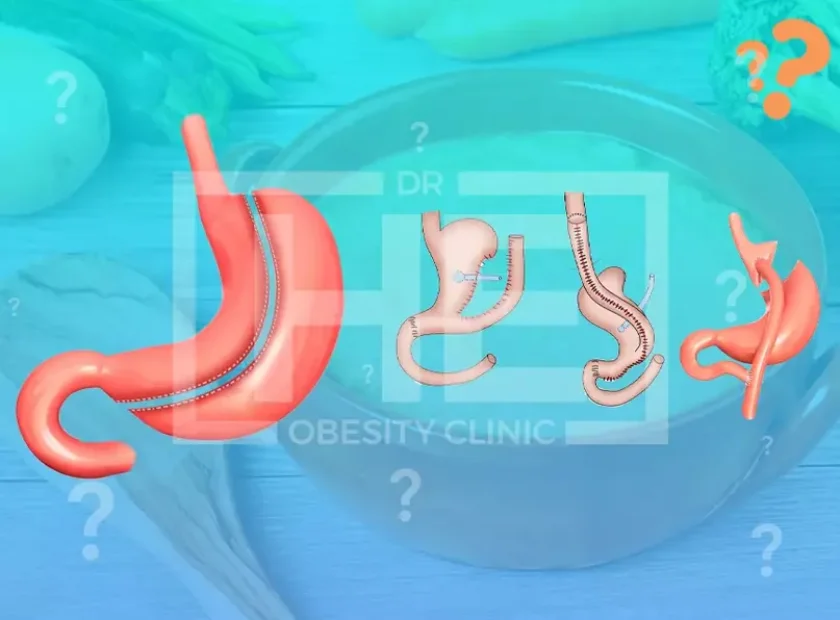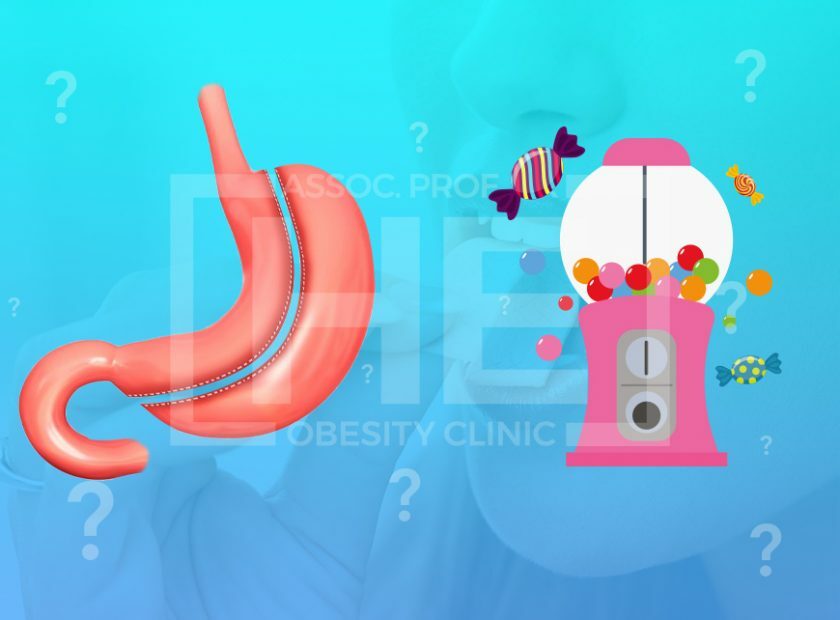
Can Lactose Intolerance Occur After Gastric Sleeve? Lactose intolerance is a typical side effect of a gastric sleeve surgery. Unfortunately, there is not much evidence on how widespread it is; nonetheless, it is something that is frequently noted by my patients and something I felt I should discuss because there are ways to avoid it.
Lactose intolerance, while not one of the most prevalent gastric bypass side effects, can develop in a small number of individuals after a gastric sleeve operation.
When a person with a normal stomach consumes milk, it collects in the stomach before being slowly discharged into the small intestine. Lactase is present in sufficient quantities to process a little volume of milk at a time.
Let us look at closely to gather what is happening inside us. Milk flows significantly more quickly from the gastric pouch into the small bowel after gastric sleeve surgery.
As a consequence of this quick flow of milk, lactose intolerance symptoms can occur when milk overwhelms the accessible enzyme, which is called as lactase, resulting in lactose intolerance as one of the side effects of the surgery.
To deal with lactose intolerance, one of the gastric sleeve surgery side effects, you can take milk products more slowly, eat thicker items like yogurt or cheese instead of milk, potentially skip milk products completely, or take an enzyme alternative “Lactaid” with meals.
What is more, you should be aware of the fact that lactose intolerance is not synonymous with dairy allergy. The two are frequently mixed up.
You are allergic to particular proteins found in milk and dairy products if you have a dairy allergy. Dairy allergies have the potential to be fatal. Lactose intolerance symptoms, on the other hand, are milder than those of dairy allergy are.
Dairy allergy sufferers must avoid any foods and beverages containing milk or other dairy products. Lactose intolerant people may be able to consume tiny amounts of dairy products. The amount differs from individual to person. Lactose intolerance reactions are not fatal.
The most well known lactose foods are milk and dairy products, although there are many others. Casein, a protein found in some nondairy products, may include levels of lactose. Read food labels carefully to avoid lactose intolerance symptoms.
To sum up, you may have some issues such as lactose intolerance after a gastric sleeve surgery; even you had not had before the surgery. Nevertheless, as you may all know, the advantages of the surgery will surpass the side effects.
How Long Does It Take for Your Stomach to Recover from Lactose Intolerance?
Depending on the person and the severity of their lactose intolerance, recovery times can vary. However, after removing lactose from the diet, symptoms typically don’t go away for a few days to a week. For the person to be able to tolerate small amounts of lactose once more, the gut may need to heal completely for a few weeks or even months. It may be necessary to follow a lactose-free diet indefinitely in some circumstances, but it’s best to speak with a dietitian or a physician to determine the best course of action for you.




